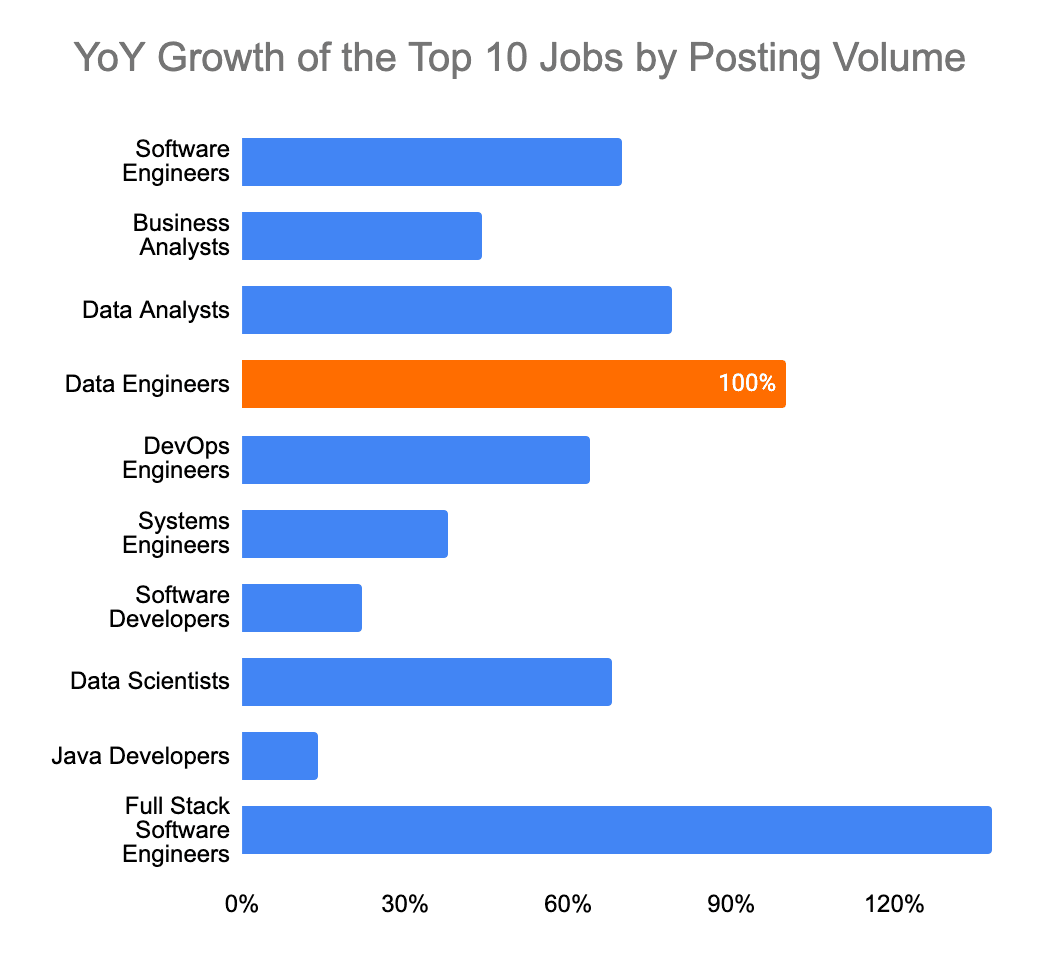course
5 Essential Data Engineering Skills
Discover the data engineering skills you need to thrive in the industry. Find out about the roles and responsibilities of a data engineer, and how you can develop your own skills.
Updated Nov 2023 · 11 min read
Data Engineering Courses
2 hours
222.1K
course
Building Data Engineering Pipelines in Python
4 hours
26.7K
course
Introduction to Data Engineering
4 hours
109.3K
See More
RelatedSee MoreSee More
blog
How to Become a Data Engineer in 2024: 5 Steps for Career Success
Discover how to become a data engineer and learn the essential skills. Develop your knowledge and portfolio to prepare for the data engineer interview.
Javier Canales Luna
18 min
blog
How to Write A Data Engineer Job Description
Discover how to create a compelling data engineer job description and learn about the key roles and responsibilities of this in-demand profession.
Javier Canales Luna
13 min
blog
Practice Data Engineering Skills with New Hands-On Projects
Find out how you can practice your Data Engineering skills with DataCamp's new hands-on projects.
Alena Guzharina
3 min
blog
The 13 Essential AI Engineer Skills You Need to Know
AI engineer skills are now in demand. Learn all about the essential skills needed in this complete guide.
Austin Chia
9 min
blog
What Does a Data Engineer Do?
Curious about what a data engineer does? We break down the different data engineer roles & career paths and look at a typical data engineering project.
Joleen Bothma
9 min
blog
The Top 35 Data Engineering Interview Questions and Answers in 2024
Ace your next interview with this compilation of data engineer interview questions and answers, helping you prepare for different stages, from HR screening to in-depth technical evaluations, including Python and SQL questions.
Abid Ali Awan
16 min
